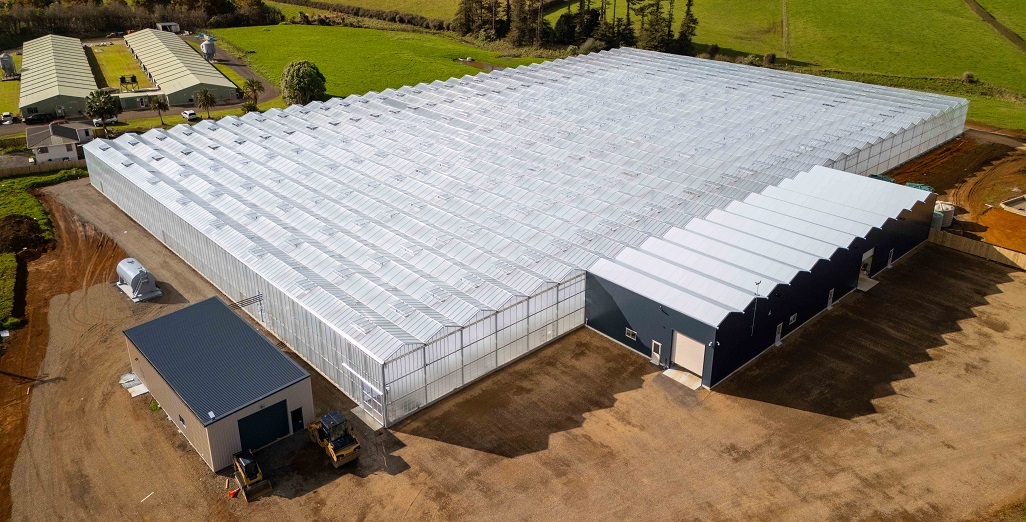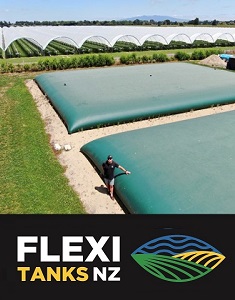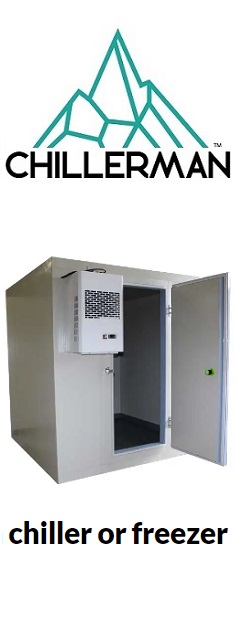Sign up here to subscribe to the Grower2grower Ezine. Every two weeks you will receive new articles, specific to the protected cropping industry, informing you of industry news and events straight to your inbox.
May 2018
Organics in High Tech Greenhouses
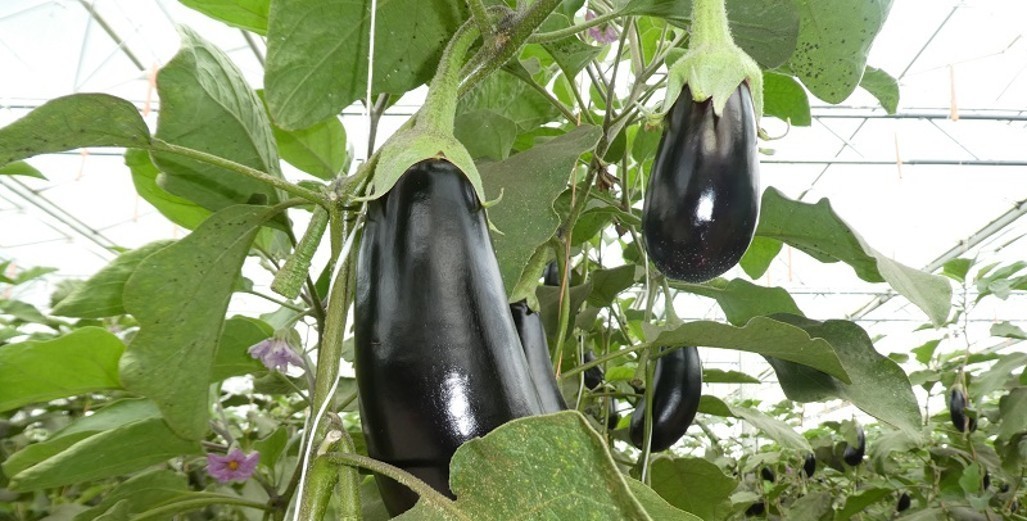
Organics in High Tech Greenhouses
Could it work in NZ?
In 2007 I spent three months working in England, a great life and working experience for me. Thanks to a familiar name in the industry, Andy Lee from Grodan, I was put in contact with Wight Salads who grew both conventional and organic greenhouse vegetables on the Isle of Wight. I can honestly say the time I had on the Island was a game changer. It is not until I reflect back I understand how important that period was for my personal development as a grower. How they were growing was intriguing and quite different to what I was familiar with.
Twenty-four-hour temperatures and irrigation were similar, how they manipulated temperatures was different and one strategy, in particular, is something I still advocate with my consultancy.
On arrival I had no idea what I would be introduced to, I thought I would be involved with tomatoes from the outset. Instead I was given the responsibility of working in one of the older greenhouses. This greenhouse, had just been planted with grafted eggplants and a small section of short green cucumbers. This was a trial for one of the large supermarket chains. I thought ok, great something different, lets do it, then when I actually entered the green house I realised quite quickly this was going to be very foreign to me!! These weren’t just conventional grafted eggplants growing in substrate, they were grafted eggplants being grown in soil for organic production. I felt out of my comfort zone. At the time my perception, rightly or wrongly, was that organics was not sustainable. However, I decided to get stuck in and give it a go. For the first two weeks I went about dropping strings and tying plants up, which in these old greenhouses was not fun. The site, I was on, had 10 greenhouses, all but one of the other units were growing organic tomatoes, eight of those greenhouses were old structures with two modern greenhouses.
I had a fantastic manager, Ian, quickly we built a good relationship. I was asked to start crop registration on the eggplants. Eggplants are slow growing, so change each week is slow but never the less information collected would be the basis for future crops.
Keeping up with the work load was manageable, so I began to do work in the other greenhouses. I started to test for standard deviations in the irrigation across some of the greenhouses, collected soil samples, did crop registration in some of the tomato units and learnt how to complete workers peace rate reports. There was never a dull moment.
It was the UK summer, and it was holiday season, Ian and one of the team leaders went on their summer break, so I was given the opportunity to oversee their roles. As caretaker manager I was asked to attend a forecast production meeting. I would walk through each crop counting how many fruits I expected to be picked for the upcoming week and this would help the sales team. It was very impressive the high level of accuracy each manager had developed for forecasting production. Now that I had established myself each day became more and more interesting.
I was flown, by Wight Salads, to Portugal where they also had greenhouses growing organic tomatoes. I attended meetings to discuss the project management structures for the proposed extension to be built. I will never forget almost falling asleep in one of the meetings, I know it sounds bad but sitting in a room when it is 40 degrees outside trying to concentrate for 8 hours is actually quite tough. I felt my eyes rolling in my head but at least I reminded them they would need crop wires 🙂 (Another story for another day but it was an extremely beneficial and memorable trip)
Growing organically in greenhouses used different techniques. I was taught the importance of coring soil samples and carrying out manual moisture tests, basically you would squeeze the soil and if it crumbles in your hand it is too dry and if is too soft and squishy it was too wet. Having this very basic information would help determine the wet and dry areas! In a wet area, in one of the greenhouses the plant health had diminished, the irrigation was not reduced in time to reflect the issue. This caused the double whammy, unhealthy plants with wet feet. If plants are not in good health and not transpiring correctly and irrigation is not reduced then a net increase in soil moisture content occurs causing more problems. Plants were almost at the point of termination. The solution, at that time, was to open up the plastic that covered the beds, lay the stems directly on top of the soil, then cover the stems with a homebrew of organic mulch. The objective was to promote new root growth from the stems into the ground. The trick was you had to manually water the mulch until roots had started to grow out of the stems.
Prevention of disease was a key focus for Wight Salads, there were vigorous hygiene protocols. One greenhouse was infected with Pepino Mosaic Virus, so when entering or leaving that greenhouse, full protective clothing (paper overalls, gloves and shoe covers) was required. All greenhouses were fitted with hand gels, footbaths and changing facilities.
Pest’s such as leafminer and whitefly were a constant issue, but the UK and Europe do have the luxury of a large range of beneficial insects, we are not allowed to control insect pests with here in New Zealand, giving them a substantial advantage and adequate control!
Wight Salads did a great job growing and producing very acceptable quantities of organic produce compared to conventional growing. Yes, it did surprise me how successful it was. I learnt so much in a short time and will forever be thankful for my time at Wight Salads.
Could growing organically here in New Zealand work with high tech commercial greenhouses? Growing organically in greenhouses, or using the principals involved is not to be sniffed at. It seems most other countries have access to a broad range of beneficial insects but we are very limited. Until this issue in particular is resolved it would be very risky for large scale investment into high tech organic greenhouse production. I would like to recommend it but unfortunately my gut feel is the chance of success compared to conventional methods is currently not worth the risk. But never say never!
I appreciate your comments. Please feel free to comment below or on the grower2grower Facebook page:
https://www.facebook.com/StefanGrower2grower/
Article Written by Stefan Vogrincic, Consultant, Grower2Grower
CLASSIFIED
Subscribe to our E-Zine
More
From This Category
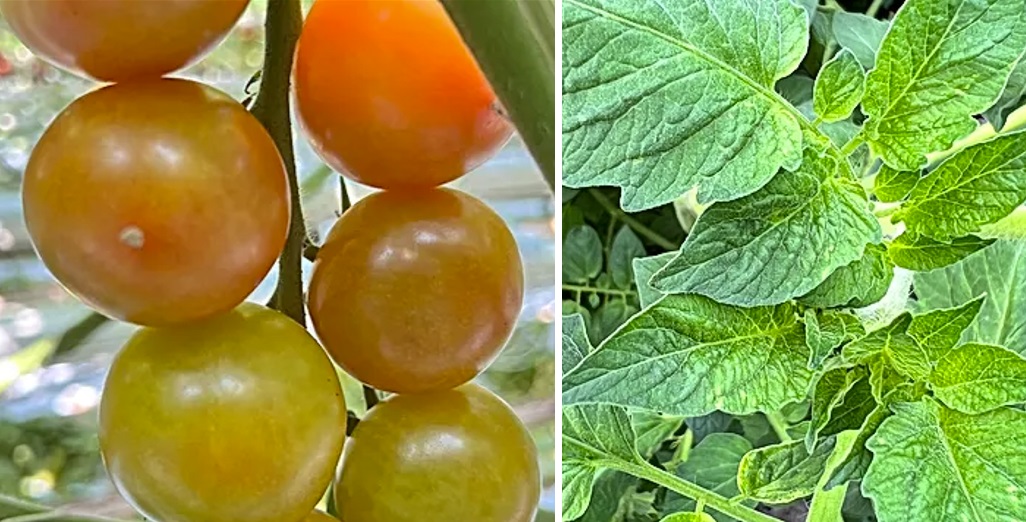
Tomato grower applies Tobre after contamination
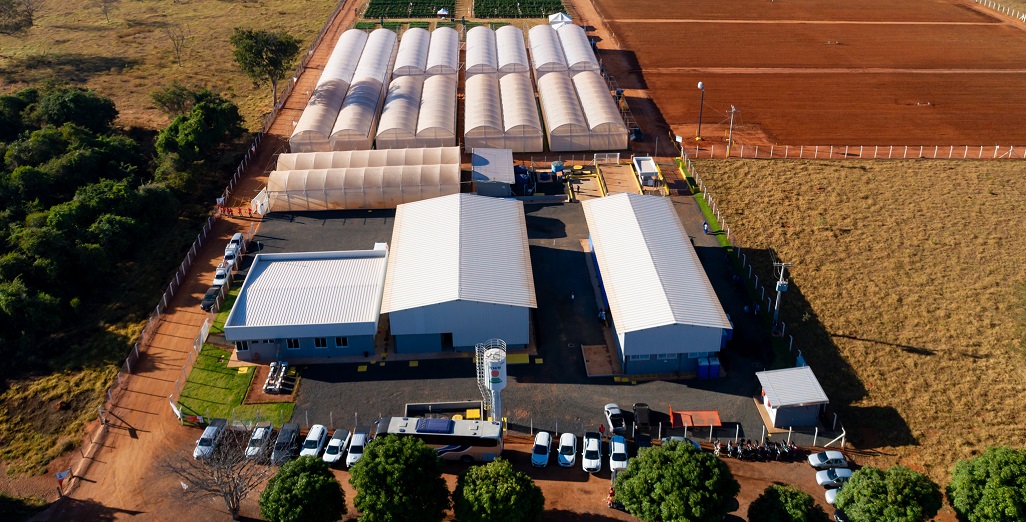
KWS inaugurates new R&D facility in Uberlândia, Brazil

John van Santen joins the management of Metazet
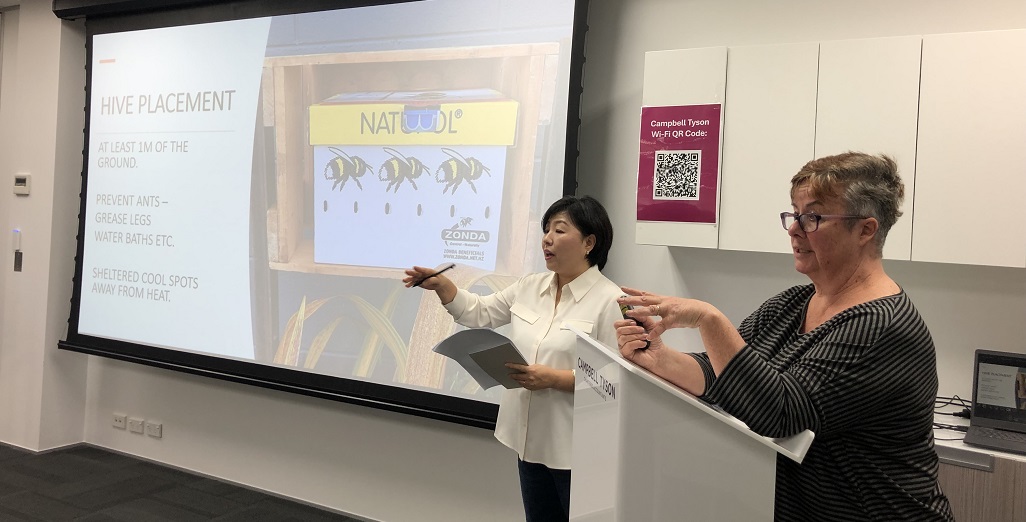
Workshop for Auckland’s Korean tomato growers held last week
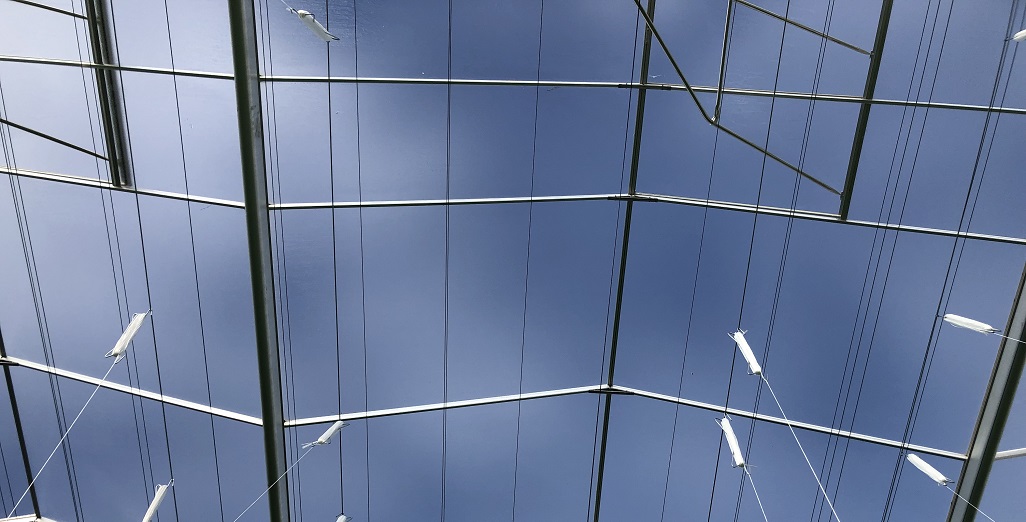
Could the Global Boom in Greenhouses Help Cool the Planet?
